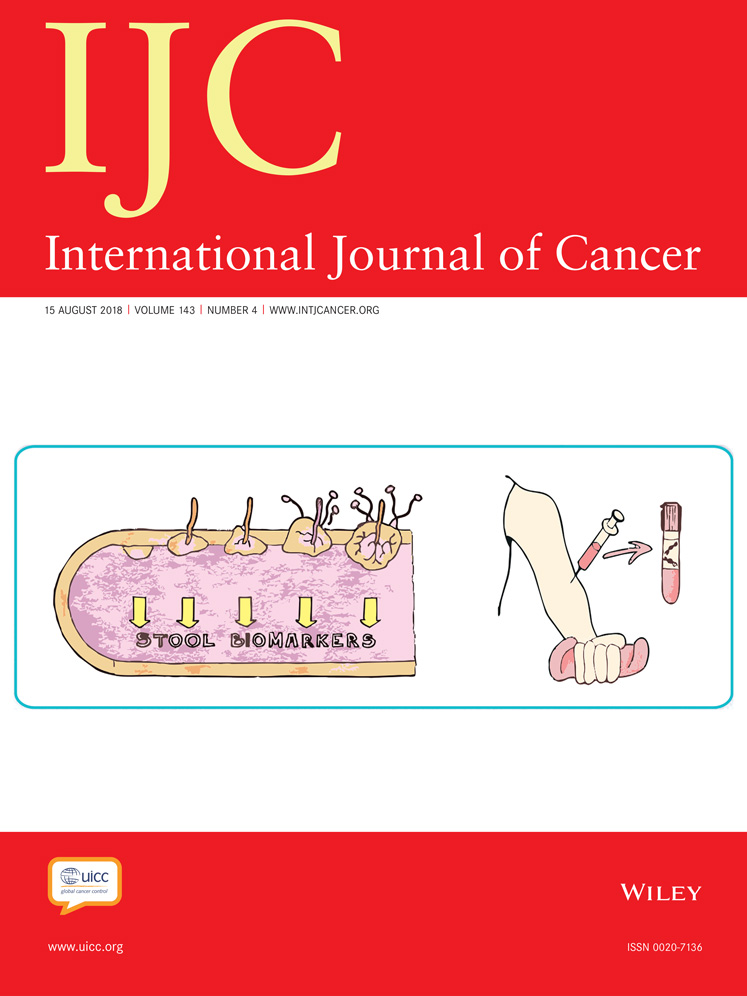CLCA2 epigenetic regulation by CTBP1, HDACs, ZEB1, EP300 and miR-196b-5p impacts prostate cancer cell adhesion and EMT in metabolic syndrome disease
Conflict of interest: The authors declare that they have no potential conflicts of interest.
Abstract
Prostate cancer (PCa) is the most common cancer among men. Metabolic syndrome (MeS) is associated with increased PCa aggressiveness and recurrence. Previously, we proposed C-terminal binding protein 1 (CTBP1), a transcriptional co-repressor, as a molecular link between these two conditions. Notably, CTBP1 depletion decreased PCa growth in MeS mice. The aim of this study was to investigate the molecular mechanisms that explain the link between MeS and PCa mediated by CTBP1. We found that CTBP1 repressed chloride channel accessory 2 (CLCA2) expression in prostate xenografts developed in MeS animals. CTBP1 bound to CLCA2 promoter and repressed its transcription and promoter activity in PCa cell lines. Furthermore, we found that CTBP1 formed a repressor complex with ZEB1, EP300 and HDACs that modulates the CLCA2 promoter activity. CLCA2 promoted PCa cell adhesion inhibiting epithelial–mesenchymal transition (EMT) and activating CTNNB1 together with epithelial marker (CDH1) induction, and mesenchymal markers (SNAI2 and TWIST1) repression. Moreover, CLCA2 depletion in PCa cells injected subcutaneously in MeS mice increased the circulating tumor cells foci compared to control. A microRNA (miRNA) expression microarray from PCa xenografts developed in MeS mice, showed 21 miRNAs modulated by CTBP1 involved in angiogenesis, extracellular matrix organization, focal adhesion and adherents junctions, among others. We found that miR-196b-5p directly targets CLCA2 by cloning CLCA2 3′UTR and performing reporter assays. Altogether, we identified a new molecular mechanism to explain PCa and MeS link based on CLCA2 repression by CTBP1 and miR-196b-5p molecules that might act as key factors in the progression onset of this disease.
Abstract
What's new?
Prostate cancer patients who also have metabolic syndrome often find their cancers more aggressive. A new study examines the molecular link between metabolic syndrome and cancer. According to previous results, a lack of the transcriptional corepressor CTBP1 hinders the growth of prostate cancer. In this study, the authors looked at whether CTBP1 influences expression of the tumor suppressor CLCA2. They found that CTBP1 stopped transcription of CLCA2 by binding to its promoter. In mice with metabolic syndrome given cancers cells that lacked CLCA2, more circulating tumor cells arose than in mice with control tumors, suggesting that suppressing CLCA2 expression promotes EMT.




